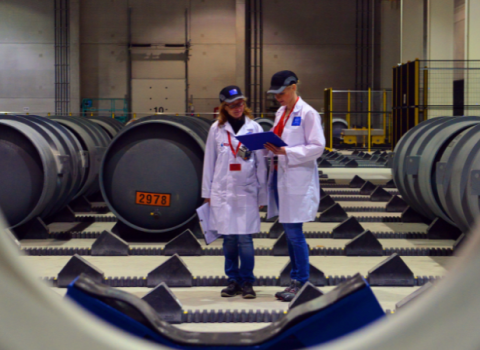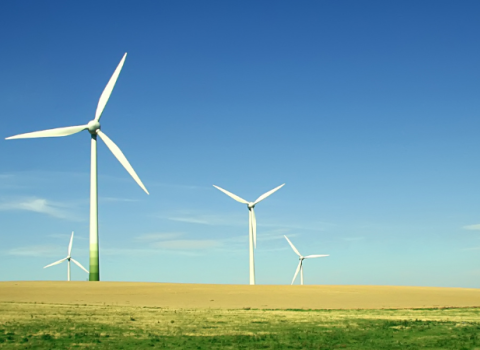
Chempolis’ President and CEO, Esa Rousu, said that the demonstration plant will produce sample materials and production batches for further processing and refining. It is also to be used as a test plant for new materials and the final testing of new biorefined products.
The first stage of the construction work involved an investment of approximately €15 million. The biorefinery is expected to reach full production during the spring.
“The demonstration plant represents the third-generation because it can utilise – unlike refineries based on earlier technologies – the entire vegetable matter and produce a number of biomass-based products and chemicals,” said Rousu.
Chempolis specialises in developing environmentally friendly biorefining technologies and production solutions, which utilise non-wood and non-food raw materials, such as straw, reeds, corn stem and bagasse (the fibrous residue from sugar cane), in an innovative way. As well as preserving forests, this does not compete for food raw materials, and thus increase the price of food.
Chempolis does not manufacture end products itself, but focuses on licensing of the technologies developed, refinery engineering and project management. The technologies include formicofib for the production of paper fibres, formicobio for biofuels and formicochem for biochemicals.





 A unique international forum for public research organisations and companies to connect their external engagement with strategic interests around their R&D system.
A unique international forum for public research organisations and companies to connect their external engagement with strategic interests around their R&D system.